LPG vs CNG£ºWhich is Better for Your Car?
Performance Comparison
Engine Performance with LPG and CNG
When comparing LPG and CNG, engine performance is a crucial factor to consider. LPG typically provides slightly higher power output compared to CNG, leading to a subtle difference in acceleration and overall driving experience. The differences in combustion characteristics between the two fuels impact engine performance, with CNG often offering a smoother and more consistent power delivery.
Mileage Comparison: LPG vs CNG
Mileage is a significant concern for car owners, and in this aspect, CNG tends to outperform LPG. CNG's superior energy efficiency often translates to better mileage compared to LPG, making it a preferred choice for drivers seeking enhanced fuel economy.
Emission Levels: LPG vs CNG
In terms of emission levels, both LPG and CNG are cleaner-burning fuels compared to traditional gasoline or diesel. However, CNG generally produces lower emission levels than LPG, making it a more environmentally friendly option. The reduced emissions of pollutants such as particulate matter and nitrogen oxides make CNG a favourable choice for eco-conscious consumers.

When comparing the cost of CNG and LPG, it's essential to consider the price per unit of energy provided. Typically, CNG is more cost-effective than LPG in terms of energy content. This means that, in general, drivers can expect to achieve a lower cost per kilometre when using CNG as compared to LPG.
Installation and Conversion Costs
The process of converting a vehicle to run on LPG or CNG involves certain installation and conversion costs. These costs typically vary based on the vehicle type and the complexity of the conversion process. It's important to research and evaluate these costs to make an informed decision.
Maintenance Expenses
Another crucial aspect to consider is the ongoing maintenance expenses associated with both LPG and CNG systems. This includes periodic inspections, component replacements, and system servicing. Understanding these maintenance costs is vital for accurately assessing the long-term economic viability of LPG and CNG as automotive fuels.
Environmental Impact-Greenhouse Gas Emissions Comparison
Comparing the greenhouse gas emissions of LPG and CNG is significant in understanding their environmental impact. Both fuels produce lower CO2 emissions compared to traditional gasoline or diesel. However, CNG generally results in lower CO2 emissions than LPG due to its cleaner combustion characteristics and higher energy efficiency.
Impact on Air Quality
In terms of air quality, both LPG and CNG contribute to reduced air pollutants such as particulate matter and nitrogen oxides compared to conventional fuels. However, CNG's lower emission levels contribute to better air quality, making it a favourable option for mitigating urban air pollution.

Considering the long-term sustainability and potential future regulatory changes is essential. With increasing emphasis on sustainable mobility and stricter emission standards, CNG's lower environmental impact may align better with future regulations and environmental targets compared to LPG. Understanding these aspects is crucial for making a well-informed decision regarding the environmental implications of choosing between LPG and CNG for automotive use.
User Experience and Convenience-Availability of Refuelling Stations
The availability of refuelling stations is a significant factor influencing the user experience with LPG and CNG. While both fuels have a growing network of refuelling stations, the availability of CNG stations tends to be more widespread compared to LPG in many regions. This availability contributes to the convenience of using CNG as a fuel for vehicles.
Driving Experience with LPG vs CNG
The driving experience with LPG and CNG can vary in terms of engine response, smoothness of operation, and overall performance. Understanding these differences can inform drivers' choices based on their preferences for driving comfort and handling characteristics
User Feedback and Preferences
User feedback and preferences play a vital role in understanding the overall user experience with LPG and CNG. Factors such as ease of refuelling, driving experience, and overall satisfaction with the chosen fuel type are essential considerations for potential users. Analysing user feedback can provide valuable insights into the practical aspects of using LPG and CNG in daily driving scenarios.

In conclusion, the comparison between LPG and CNG as automotive fuels reveals distinct characteristics in performance, cost, environmental impact, and user experience. While LPG offers certain advantages in engine performance, CNG stands out for its superior mileage, lower emissions, and widespread refuelling infrastructure. Ultimately, the choice between LPG and CNG depends on individual priorities, driving patterns, and access to refuelling facilities, with both fuels offering compelling benefits for environmentally conscious drivers.
Popular articles
-
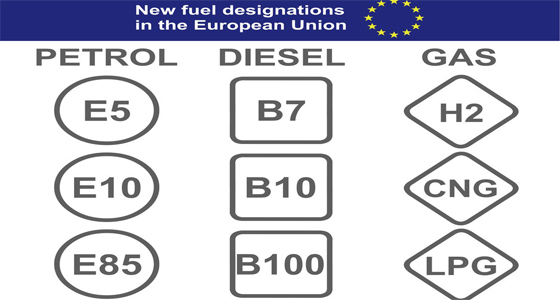
Advantages Of CNG Gas V
Compressed natural gas vehicles are vehicles th
-
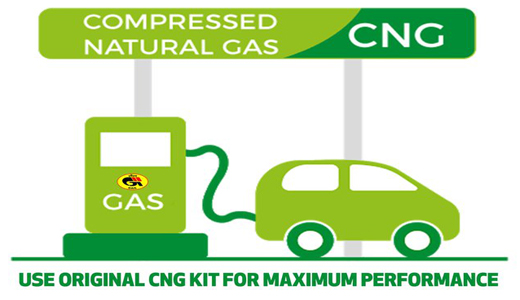
How the CNG Automotive S
Compressed natural gas (CNG) automotive systems
-
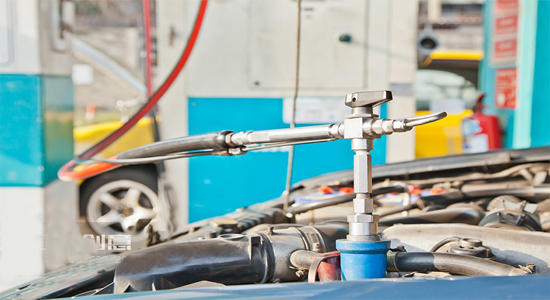
What Is CNG Pressure Red
The pressure reducer of natural gas vehicle is
-
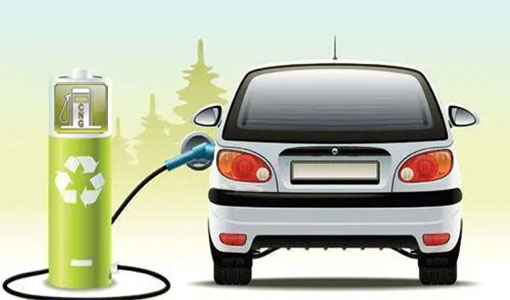
Advantages And Principle
LPG and CNG are two mainstream alternati
-
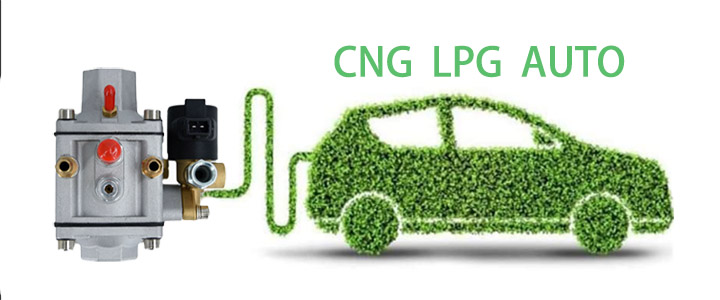
Differences Between Sing
Characteristics of Gas Single Point Device
-
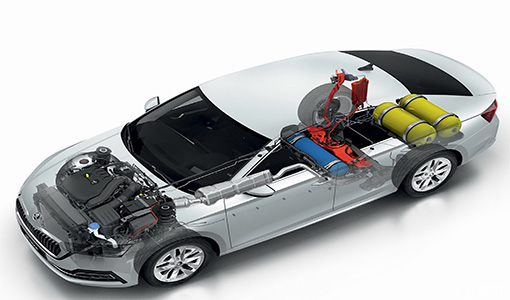
Reasons For High Gas Con
1. Original vehicle condition A. The tec
-
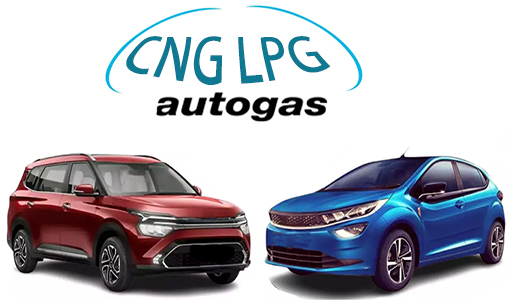
How To Improve The Power
1. Install ignition advance angle What i
-
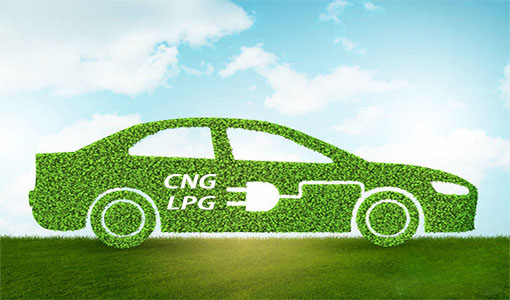
How The CNG Gas Vehicle
If you want to know ¨C how does the CNG conversi






Latest comments
0piece comment
no comments, welcome to comment¡£